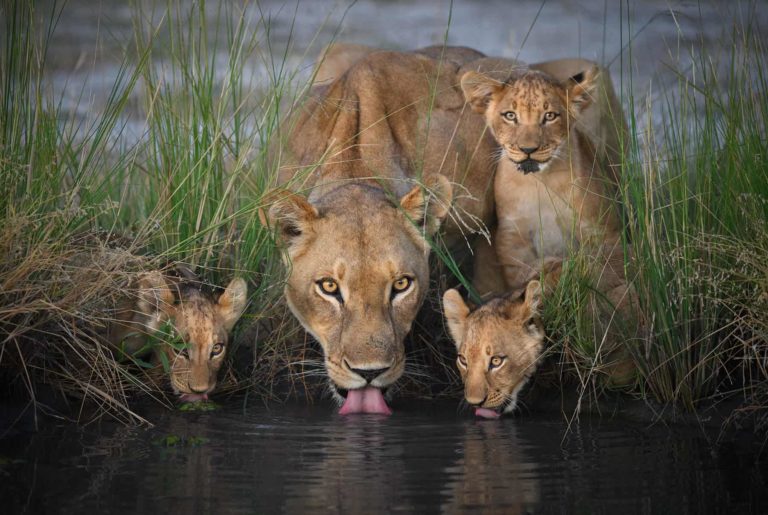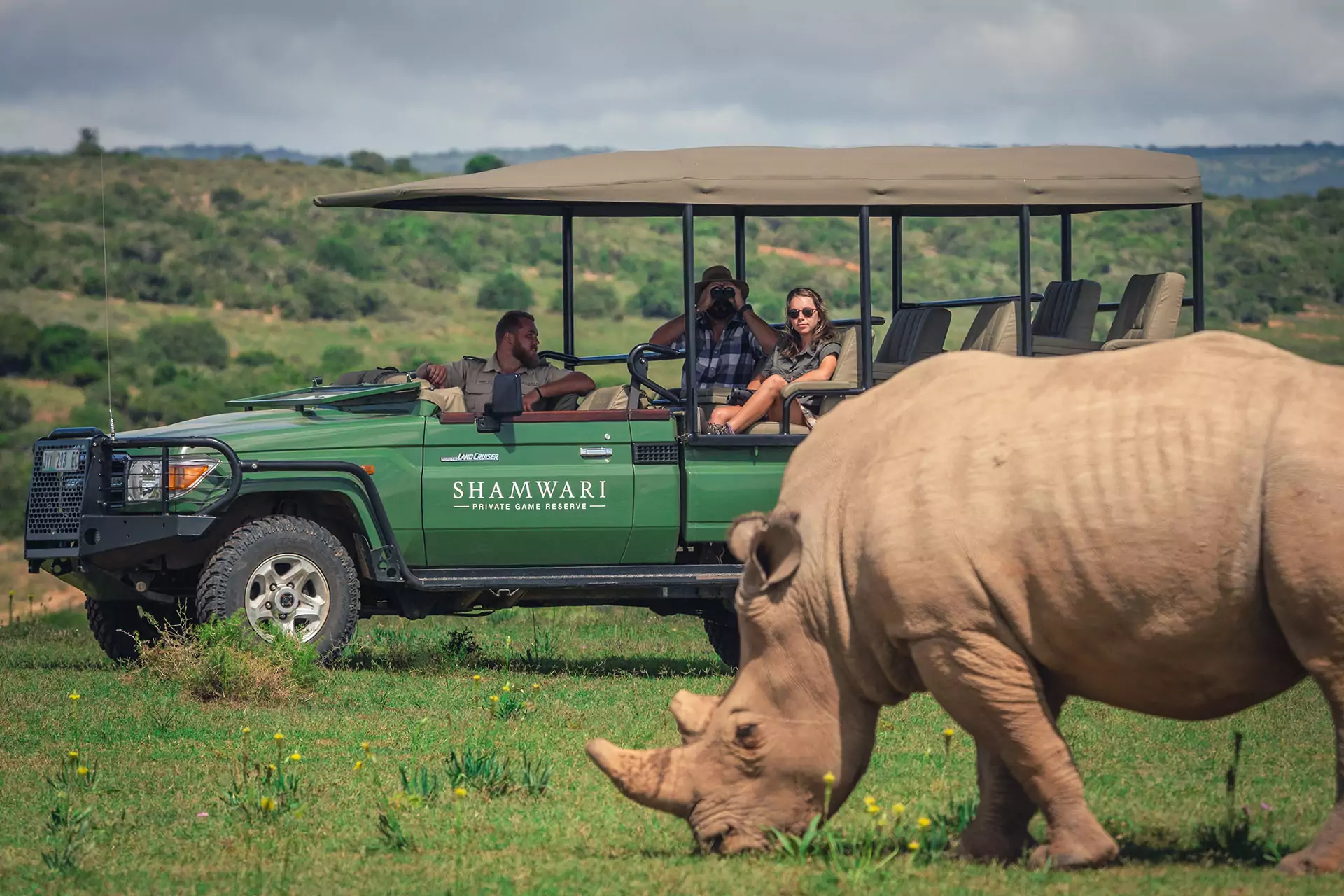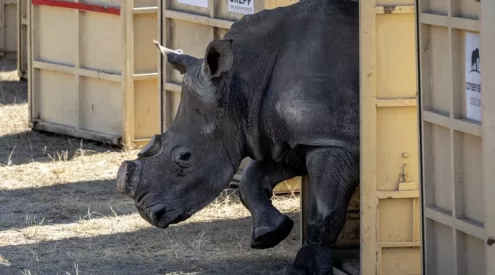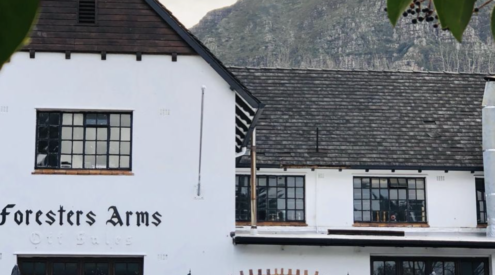Every year since 2013, on 10 August we celebrate World Lion Day. In South Africa we have cause to celebrate this year, as we applaud the decision taken by the Department of Forestry, Fisheries and the Environment to end captive lion breeding and associated industries.

Lioness and cubs photographed by Marsel van Oosten
A vulnerable species
Lions are listed as vulnerable with a decreasing population trend on IUCN’s red list, with only around 20000 lions living in the wild today. In South Africa, we have only around 3000 lions in the wild while an estimated 11000 lions are held captive in over 300 facilities. Many of these captive lions end up as bones in the illegal wildlife trade and as targets for trophy hunters.
Lions were recently voted in as members of “the new Big Five,” an initiative created by wildlife photographers to honour the five most amazing animals to photograph in their natural habitats.
British photographer Graeme Green launched the project in April 2020 to raise awareness of the threats facing the world’s wildlife, from poaching to trafficking to habitat loss and human-wildlife conflict. Along with polar bears, tigers, gorillas and elephants, lions were included in this new list because they are species integral to their natural environments. When lions are protected, the animals they share habitat with are protected too. Ultimately, this initiative encourages travellers to go and see the new five in their natural habitats, to help fund conservation efforts.

Lion cubs are particularly vulnerable in their first few months and only develop hunting skills at about two years of age. (Photo Nicholas Smith)
Tourism depends on lions
The future of African tourism depends on iconic species like the lion. Efforts such as the The Lion Recovery Fund (LRF) established by the Wildlife Conservation Network in 2017, recognise this importance and aim to reverse this sharp decline in lion populations. Their goal is to double the lion population by 2050 by helping to manage Africa’s parks, providing resources and supporting surrounding communities
“The Lion Recovery Fund (LRF) invests in the most innovative and effective projects across Africa that can recover lions and restore their landscapes. The LRF seeks, assesses, and invests in the best ideas for lion recovery from institutions large or small, with 100% of every dollar donated deployed directly on the ground.”
https://www.lionrecoveryfund.org/
Some fun and not-so-fun facts about lions
- Lions have disappeared from over 90% of their historical range
- In Africa, the lion population has almost halved in the last 25 years
- Lions sleep for 16-20 hours a day
- Lions’ tongues are rough as sandpaper. Covered in tiny backward facing spines called papillae, lions use their tongues to scrape meat from bones and dirt from fur. These spines are so rough that if a lion licked the back of your hand a few times, you would be left without any skin!
- Lions’ eyes are roughly six times more sensitive to light than humans’ eyes, allowing them to hunt effectively at night.
- A lion’s roars can be heard up to 8km away
- Fossils and historical records show that lions once roamed all over Africa, and were also found in parts of Europe like Greece and Bulgaria and their neighbouring countries. Into Asia, lions once existed in the wild in Turkey, Saudi Arabia and Pakistan. Today, the only country outside of Africa that has wild lions is India, with a very small population surviving in and around the Gir National Park.
- There are fewer than 20 white lions in the wild in South Africa

















